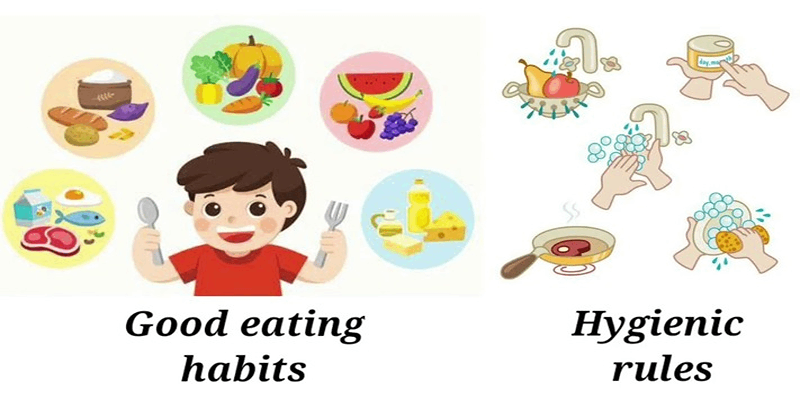
Healthy eating habits in children
Healthy eating habits in children are essential for their growth, development, and overall well-being. Establishing these habits early in life can help children maintain a healthy weight, prevent chronic diseases, and develop a positive relationship with food that lasts into adulthood. Here are key principles and strategies to promote healthy eating habits in children:
Balanced Diet
- Variety of Foods: Encourage children to eat a variety of foods from all the food groups: fruits, vegetables, whole grains, proteins (lean meats, beans, nuts), and dairy or dairy alternatives.
- Portion Control: Serve age-appropriate portions to avoid overeating. Teach children to listen to their hunger and fullness cues.
- Nutrient-Dense Foods: Focus on nutrient-dense foods that provide essential vitamins and minerals. Limit foods high in added sugars, unhealthy fats, and salt.
Regular Meal Times
- Consistent Schedule: Maintain a regular schedule for meals and snacks. Predictable meal times help children develop a routine and understand when to expect food.
- Family Meals: Encourage family meals where everyone eats together. This promotes social interaction and allows parents to model healthy eating behaviors.
- Avoid Skipping Meals: Ensure that children eat regular meals, especially breakfast, which is important for energy and concentration throughout the day.

